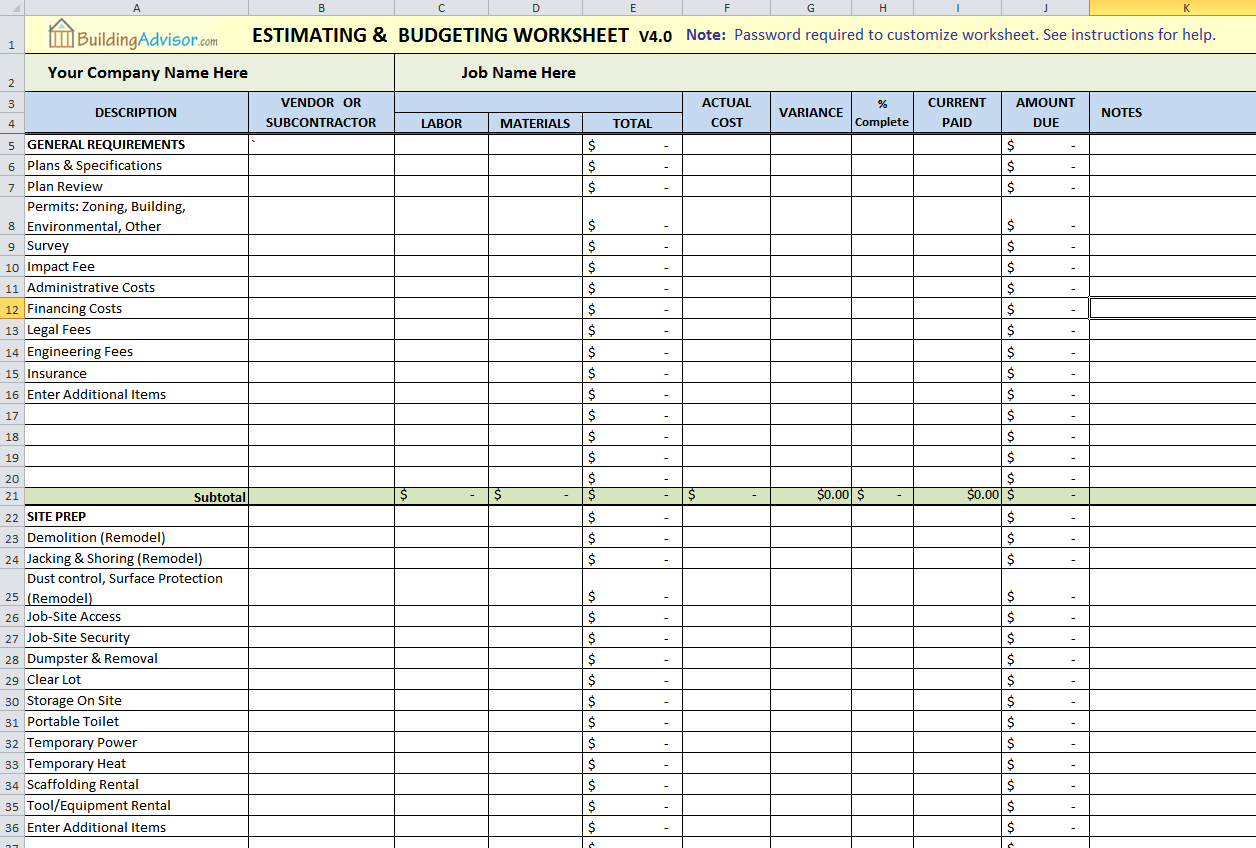

The sheet will automatically calculate your monthly disposable income.Before your start creating your budget plan: get to know more about the costs of living in the Netherlands.It allows you to properly create an overview of the money you need and the money you have. We have made this Budget Calculator for you to work with. Compare projected costs with actual costs to hone your budgeting skills over time. Input your costs and income, and any difference is calculated automatically so you can avoid shortfalls or make plans for any projected surpluses. Pro-tip: do not rely on the income of a side-job to cover your studies and living expenses, as it is not certain yet if you immediately find a job as an international student and whether you have enough time to work next to your studies. This Excel template can help you track your monthly budget by income and expenses. Youll need to be willing to commit around 30 minutes a month to pore over your expenses. Running into financial surprises is something you want to avoid at all costs. Jenny, who regularly helps out students with (financial) issues in her role as student counsellor, also urges you to prepare properly. A budget spreadsheet is a bit more time-consuming than a budgeting app. Make a financial plan that covers your entire study period at Erasmus University Rotterdam. Will you be able to cover the costs of multiple years of studying? Don't know? You definitely should! News & Calendar Open submenu News & Calendar.Keen to learn more about how psychology impacts our spending? Check out this interview on the behavioural science of budgeting.

#You need a budget spreadsheet free#
If you don’t have access to Microsoft, Google Sheets can be a better option for you and it’s free to use. There might be times that your income changes, or you have unexpected expenses or a new savings goal.Ī flexible approach to budgeting can help you keep on track in the long term. If you have been thinking about getting a monthly budget planner to track your monthly income and expenses, we highly recommend it. Remember to review and adjust your budget regularly and use digital tools and technology to keep you on top of your money. You can even name your accounts to match your buckets to keep you motivated, or set up a regular transfer into your various accounts every time you’re paid. This is a great way to keep you on track with your spending, ensuring you only spend what you’ve allocated for each specific purpose. Once you know how much you’ll be putting into each bucket, divide your income accordingly each time you’re paid. The rest of your income can then be directed into a savings bucket. The first step is to decide how many buckets you need and what they’re for. To do this, list all your expenses during a regular spending period (monthly or fortnightly, say), group them into buckets, and set a budget for each bucket. Save 20% of your income into a savings account.Budget 30% of your income for lifestyle costs (like dining out, buying clothes).Budget 50% of your income for essential living expenses (such as rent, bills and groceries).Savings – for any goals or super contributions, or to budget for emergency expenses.Ī more basic approach is what's known as the "50:30:20 rule":.Lifestyle – non-essential spending such as dining out, shopping or entertainment.Essentials – ongoing costs such as groceries, transport, pet care and health costs.Commitments – such as regular bills, debt repayments and rent/mortgage payments.It’s a helpful way to manage your spending and saving without complicated spreadsheets. 'Bucketing' involves splitting your regular income into accounts (or buckets), with a specific budget for each.
#You need a budget spreadsheet full#
Or, get a full picture of your finances with Cash Flow View. Budgets can help you manage your finances daily, monthly, and over the long term. Need some help understanding and tracking your money? Track your spending with Spend Tracker in the CommBank app – it tracks your transactions so you know what you’re spending your money on and where you can cut back. Finding the plan that works for you will make it easier for you to maintain and stick to. You can track your budget in a spreadsheet or journal, or keep a mental record of your spending. Next, decide which kind of money plan works for you. Once you've got a good idea of your regular income and spending, you can tailor a budget to suit your needs. The first step to budgeting is knowing exactly where your money goes.


 0 kommentar(er)
0 kommentar(er)
